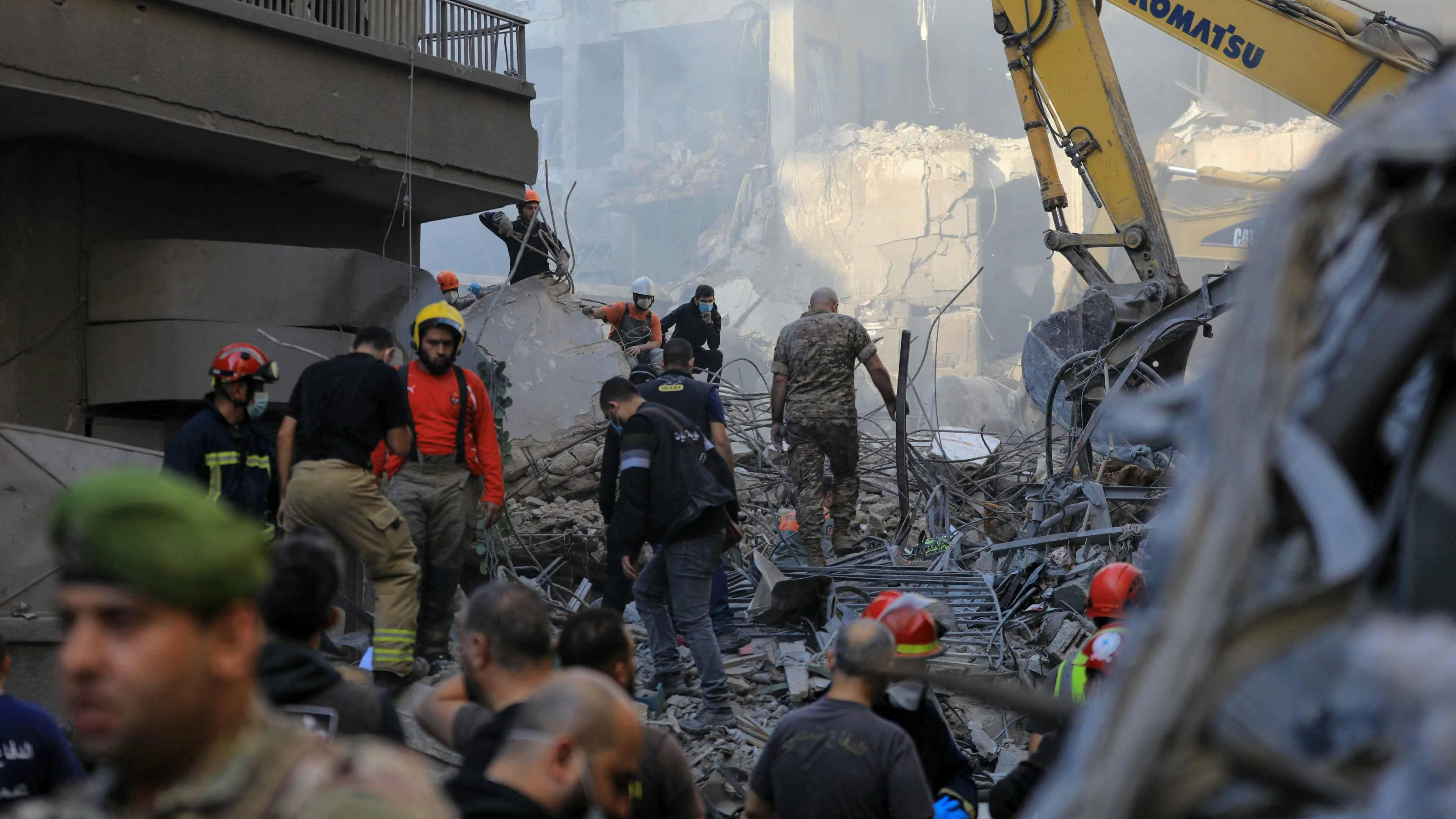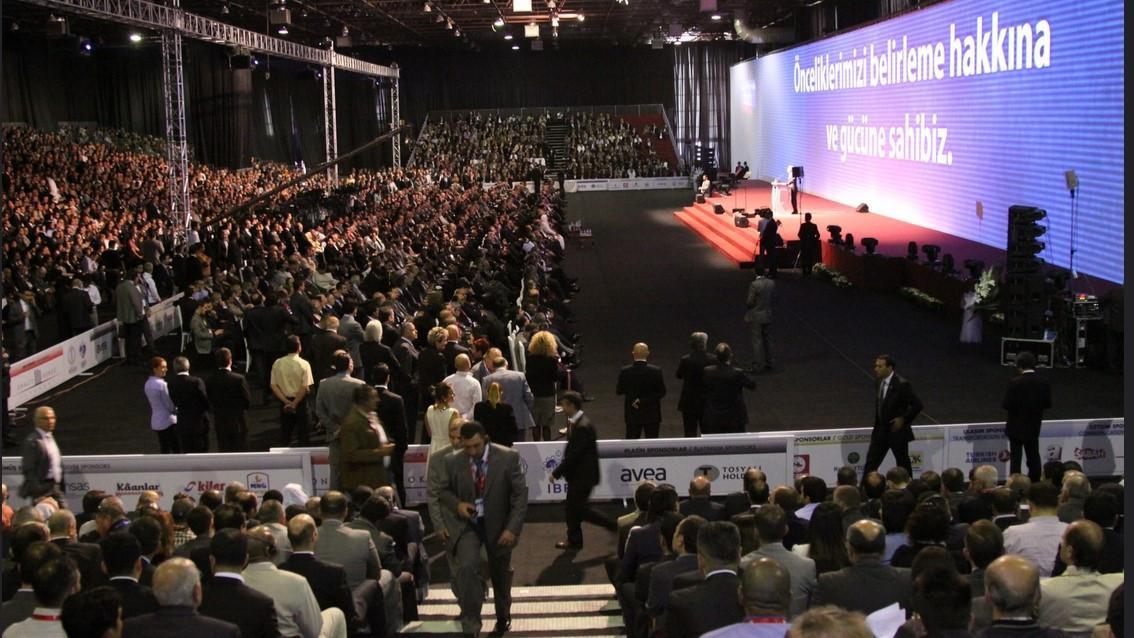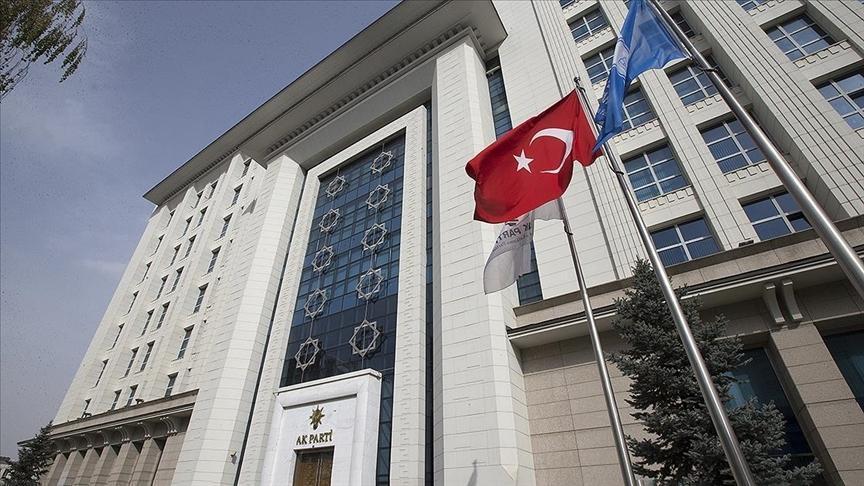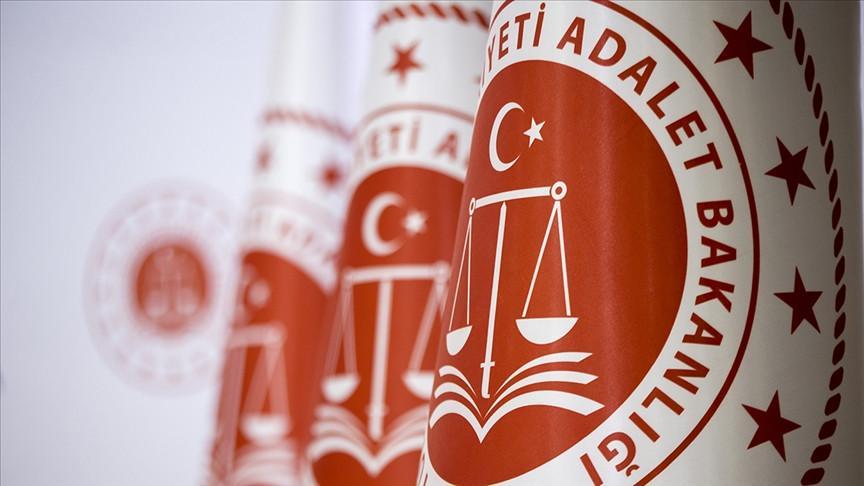Pakistan on alert for bin Laden anniversary
ABBOTTABAD, Pakistan - Agence France-Presse
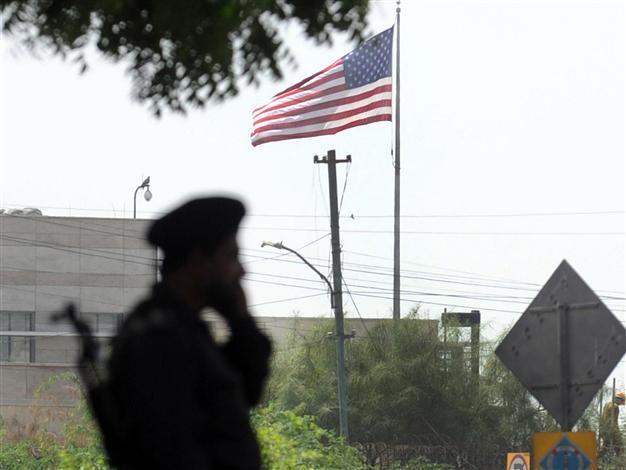
AFP Photo
Pakistan went on high alert today over fears militants would launch revenge attacks on the first anniversary of Osama bin Laden's killing by American Navy SEALs.The anniversary of the single most humiliating event in recent Pakistani history caps a devastating year for the country.
Its dubious reputation has been dragged deeper through the mud and its relationship with the United States is as bad as ever as questions about Islamabad's intelligence failures or complicity with Al-Qaeda remain unanswered.
In neighbouring Afghanistan, the Taliban attacked a heavily-fortified guesthouse complex used by Westerners, killing at least seven people just hours after US President Barack Obama marked the anniversary by making an address from Bagram air base.
In Pakistan, officials told AFP they also feared attacks, saying that security agencies had been ordered to be "extra vigilant".
Last year, the Taliban carried out revenge attacks that included a suicide bombing on a police training centre killing nearly 100 people, but by mid-afternoon in Pakistan the anniversary had passed off peacefully.
"These agencies are in a state of high alert and have been directed to be very careful since this is going to be an important day," one security official told AFP on condition of anonymity.
Western embassies in Islamabad issued warnings, advising citizens to avoid public places for fear of attack. The US embassy has restricted staff from going to restaurants and markets until May 5.
Apart from the breakdown of Pakistan's alliance with the West, little has changed in the year since the Al-Qaeda terror chief was found living with three wives on the doorstep of Pakistan's equivalent of West Point.
The country is still accused of sheltering a string of America's most-wanted terror suspects.
Ayman al-Zawahiri, bin Laden's successor, is suspected to be in Pakistan, as is Afghan Taliban leader, Mullah Omar.
Sirajuddin Haqqani, the de facto leader of the Haqqani network blamed for last month's assault on Western targets in Kabul -- the largest coordinated insurgent attack in 10 years of war -- is based in the tribal belt on the Afghan border, as is Pakistani Taliban leader Hakimullah Mehsud.
Last month Washington offered $10 million for information leading to the arrest and conviction of Hafiz Saeed, the Pakistani accused of masterminding the 2008 Mumbai attacks who lives openly in Pakistan.
Pakistani authorities have done their best to ignore the anniversary and erase all trace of bin Laden, who lived in the country from December 2001 until his death last May, according to testimony from his widow Amal Abdulfattah.
She was deported to Saudi Arabia on Friday along with bin Laden's other two widows and 10 children.
Dozens of people turned out to visit the site of the house in Abbottabad where bin Laden spent six years, which was bulldozed in the dead of night in February. They told reporters they were keen to move on.
"The Osama issue should be dead now. No anniversary should be observed as any event on this day every year will trigger new controversies," said 35-year-old Omar Zada, a mason.
More than 30 school children gathered, calling for peace in Pakistan and elsewhere in the world.
A placard carried by a nine-year-old child read: "I still remember the horrific night of May 2, 2011." His classmates shouted: "We want our peace back." Pakistani-US ties are still deeply troubled. Islamabad closed NATO supply lines into Afghanistan five months ago over the killing of 24 soldiers in US air strikes and it remains unclear whether Pakistan will attend this month's Chicago summit on Afghanistan.
To American disappointment, a commission tasked with getting to the bottom of the bin Laden debacle is yet to publish its findings and has even questioned whether he was definitely killed in the raid.
Despite the lack of public support for bin Laden, the public narrative has been consumed by fury over America's violation of sovereignty and insult in not keeping Islamabad in the loop, rather than soul-searching about the country's relationship with Islamist terror.
Yet there were no mass protests.
"People can see what miseries this ideology has actually brought for Pakistan. That is why it is not surprising there was no outpouring for bin Laden last year, when he was killed, nor will people express this on his anniversary," said political analyst Imtiaz Gul.


